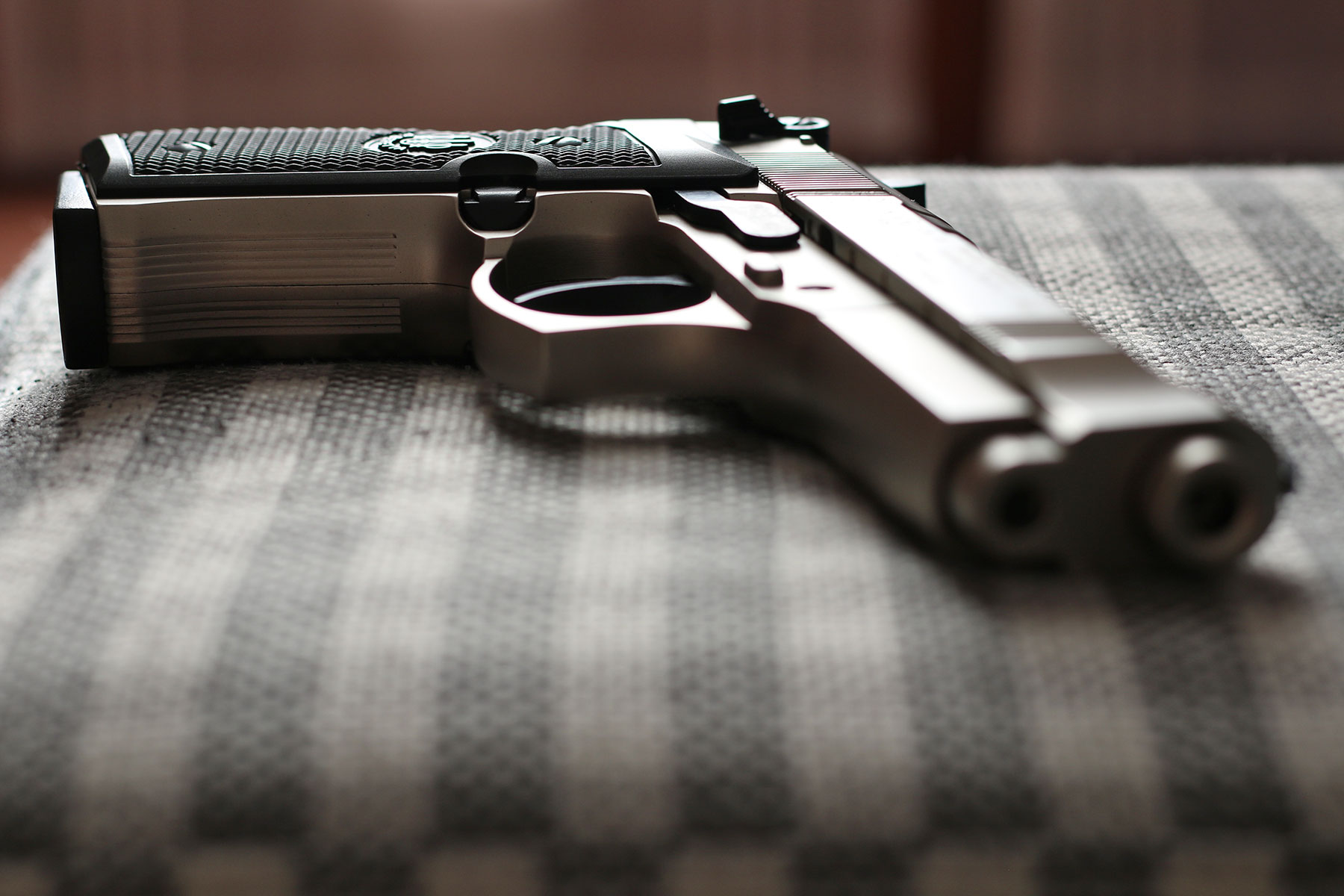
Survey respondents said public officials would have responded differently to Florida school shooting had the perpetrator been Muslim.
The Council on American-Islamic Relations (CAIR), the nation’s largest Muslim civil rights and advocacy organization, today released the results of a survey of Muslim voter households indicating overwhelming support (93%) for requiring background checks for all gun sales and for other increased safety reforms to gun laws.
Survey respondents also indicated that they believe public officials would have responded differently to the recent Parkland, Fla., school shooting had the perpetrator been Muslim.
The independent phone survey of 1250 registered Muslim voter households conducted February 22 in 27 states also showed widespread support for a mandatory waiting period on gun sales and a ban on semi-automatic rifles.
In addition, CAIR’s survey also indicated that Muslim voters believe Congress and President Trump would have responded differently had the Parkland, Fla., school shooter been a member of their faith.
States with the largest number of respondents included Texas, California, Illinois, and Michigan.
“The results of this survey clearly indicate that, like the vast majority of Americans of all faiths and backgrounds, Muslim voters support gun safety reform measures to keep firearms out of the hands of those who would misuse them to harm others,” said CAIR National Executive Director Nihad Awad.
Awad said that CAIR supports reasonable gun safety reforms that could have the potential to stop mass-shootings like the ones that took place in Florida, Sandy Hook, Aurora, and Charleston. He recommended policies that include expanding background checks to all gun sales – including private handgun sales, gun shows and online sales and keeping guns out of the hands of individuals convicted of hate crimes, domestic violence or stalking. CAIR is also calling for federally-funded research into the causes and effects of gun violence in America.
CAIR’s Survey Results:
Do you support or oppose stricter gun laws in the U.S.?
%
Support
%
Oppose
Do you support or oppose requiring background checks for all gun sales?
%
Support
%
Oppose
Do you support or oppose requiring a mandatory federal waiting period on all gun sales before being able to take a gun home?
%
Support
%
Oppose
Do you support or oppose a ban on semi-automatic rifles?
%
Support
%
Oppose
Do you support or oppose a ban on semi-automatic rifles?
%
Support
%
Oppose
Do you think Congress and the President would have responded the same way or acted differently had the Parkland, Florida school shooter been Muslim?
%
Support
%
Oppose
Last year, CAIR urged Congress to support the Disarm Hate Act (H.R. 2841/S.1324). Introduced in June 2017 – one week before the Congressional baseball practice shooting and two months before the deadly white supremacist rally in Charlottesville, Virginia – the act would ban gun sales to people who have been convicted of a hate crime or a misdemeanor committed out of hatred of a person’s race, religion, gender, sexual orientation, gender identity or disability from attaining a firearm.
CAIR believes that “common sense” gun safety reform does not include support for “No Fly, No Buy,” a legislative proposal that would ban gun sales to people placed on the federal government’s error-prone federal watch list. The watch list disproportionately targets American Muslims and offers little remedy to appeal incorrect designations as required by the U.S. Constitution.
Following the horrifying massacre of 49 people in Orlando, Fla., in June 2016, bills were introduced into both the U.S. House and Senate aimed at banning gun sales to people on the watch list. In the House, Democrats waged a 24-hour sit-in to force consideration of Rep. Peter King’s (R-NY) “Denying Firearms and Explosives to Dangerous Terrorists Act” (H.R. 1076). Rep. King is best known for a series of Islamophobic hearings he chaired in 2011. In the Senate, a bipartisan coalition introduced the “Terrorist Firearms Prevention Act of 2016,” which also relied on federal watch lists to ban firearms purchases.
Neither bill would have prevented the Orlando shooter from being able to purchase a firearm because he was on neither the No-Fly List nor the Selectee List.
Republican legislators, backed by groups like CAIR, the American Civil Liberties Union, and the National Rifle Association, ultimately voted down the No Fly, No Buy legislation because it violated due process rights and because of the “high error” rates of placement on such watch lists.
The Washington-based Muslim civil rights organization offers an app to share critical Know Your Rights information and to simplify the process to report hate crimes and bias incidents.
CAIR is America’s largest Muslim civil liberties and advocacy organization. Its mission is to enhance the understanding of Islam, encourage dialogue, protect civil liberties, empower American Muslims, and build coalitions that promote justice and mutual understanding.













